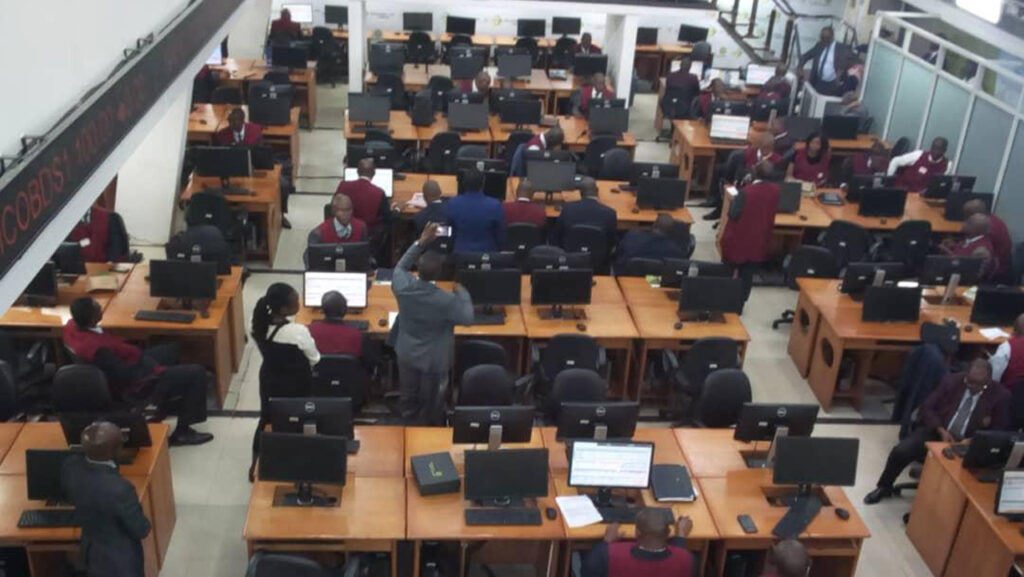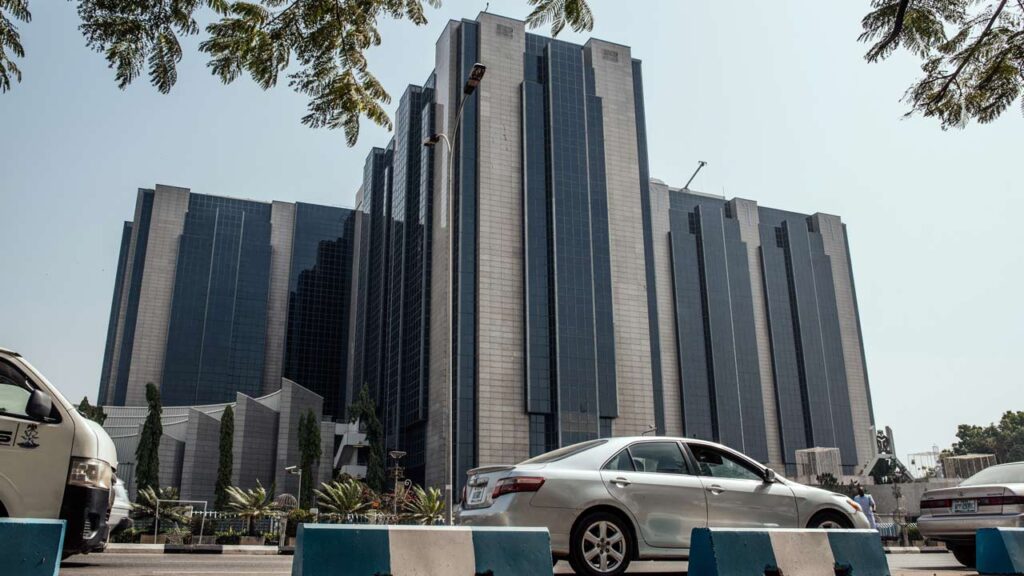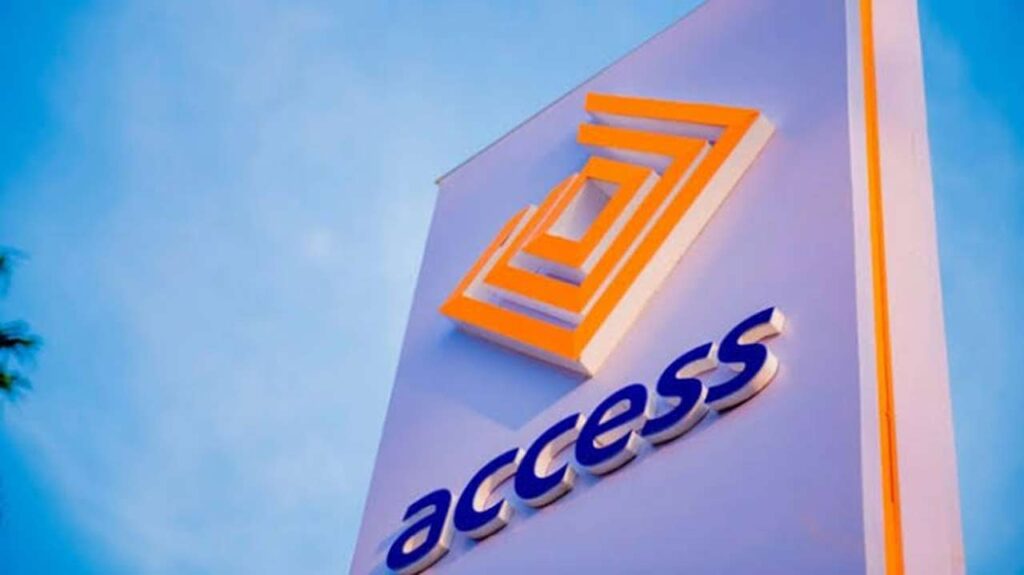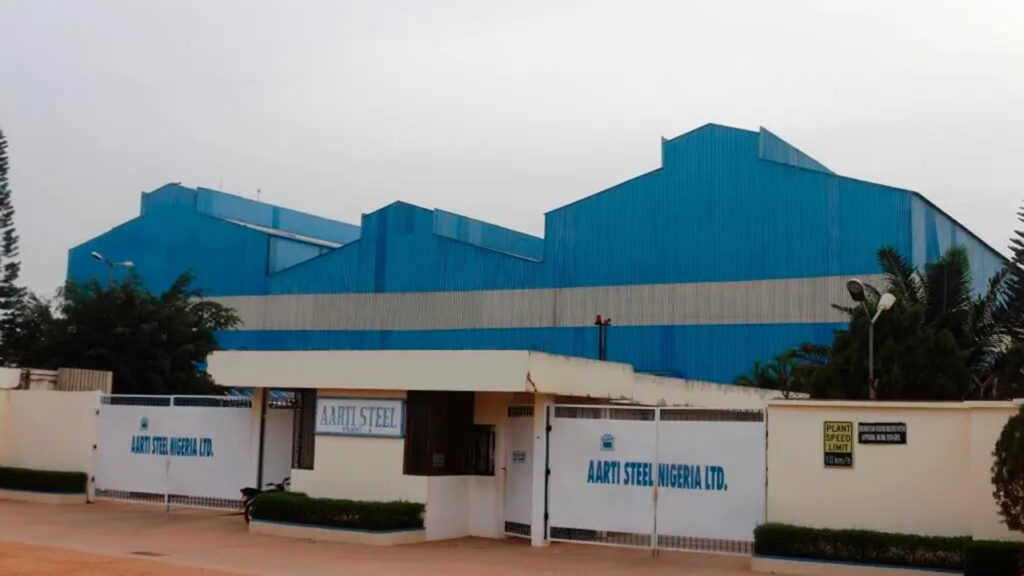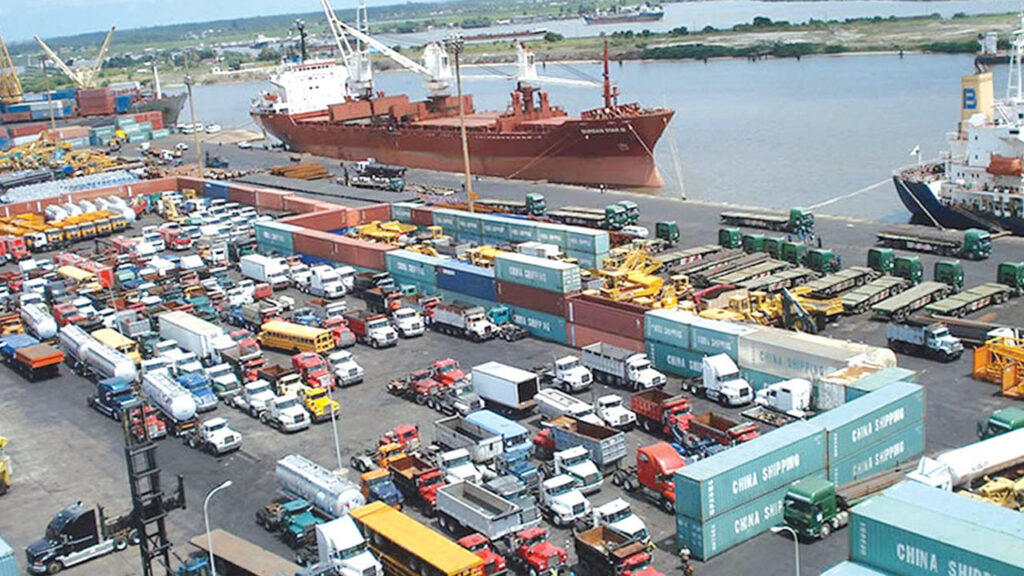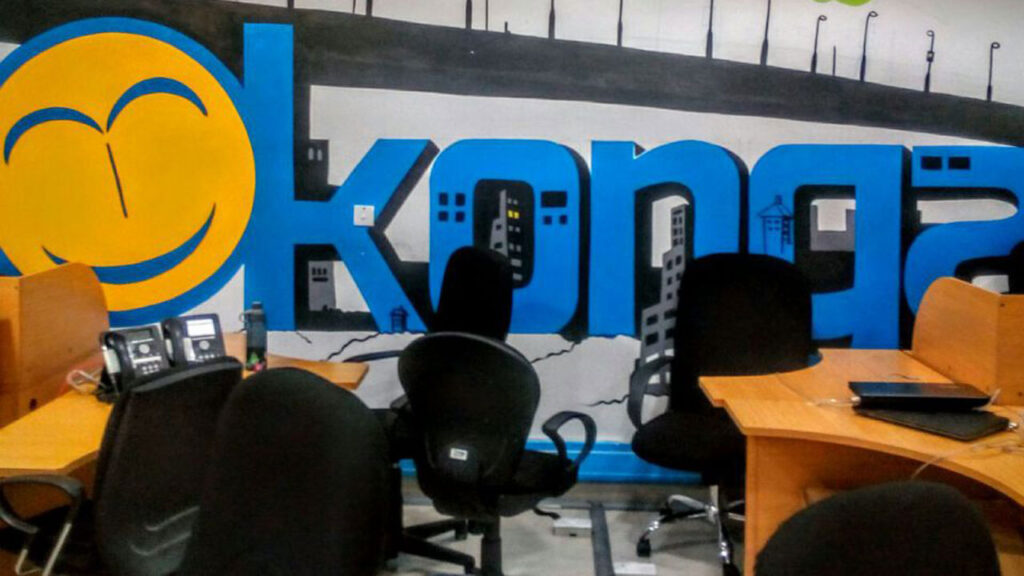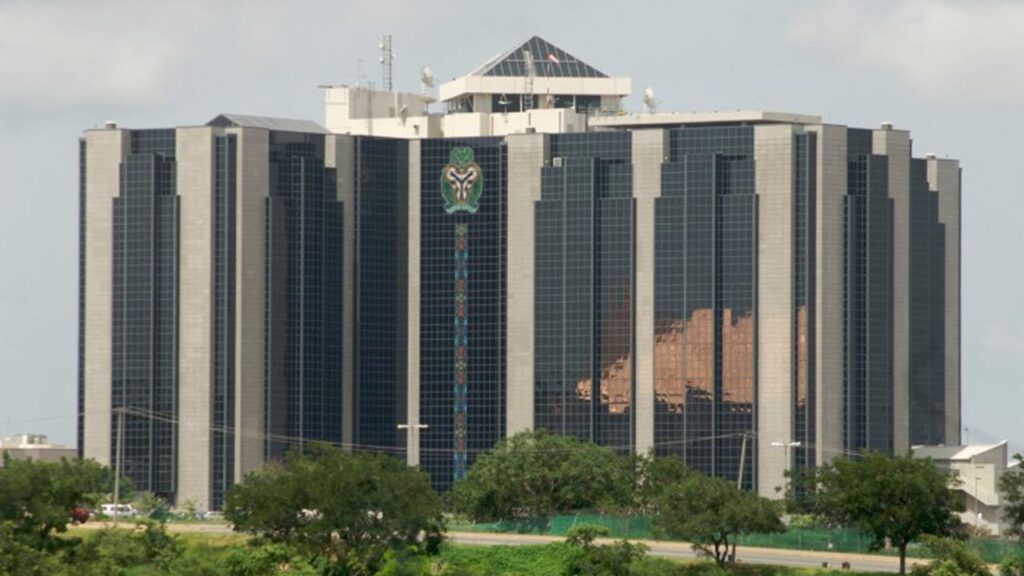
Eighteen years after the Federal Government approved the development of seven Inland Dry Ports (IDPs) across the country, only two are operational.
According to the Nigerian Shippers’ Council (NSC), the two functional IDPs are the Dala Inland Dry Port in Zawachiki, Kano State, with a capacity of 20,000 20-foot equivalent units (TEUs) and the Kaduna Inland Dry Port with a capacity of 5,000 TEUs.
The five IDPs yet to be functional are in Heipang, Jos, with a capacity of 20,000 TEUs and 48.40 per cent completion; Erunmu, Ibadan, with a capacity of 50,000 TEUs and 10 per cent completion and Isiala Ngwa, Abia State, with a capacity of 50,000 TEUs and five per cent completion.
Others are Jauri, Borno State, with a capacity of 10,000 TEUs and five per cent completion and Funtua, Zanfarawa, Katsina State, with a capacity of 10,000 TEUs, which the NSC said would be commissioned in the second quarter of 2024.
The NSC has solicited funding and legislative interventions to ensure the completion of the IDPs and the provision of infrastructure for goods carriage.
The Executive Director/Chief Executive Officer of the NSC, Akuta Pius Ukeyima, urged legislators to empower the agency as a port economic regulator with the legal backing to regulate the maritime sector and enable it to contribute about N1 trillion to the economy.
He emphasised that completing the IDPs would alleviate congestion at the seaports and bring shipping and port services closer to importers and exporters as well as enable the states of the location to generate revenue.
Ukeyima highlighted the absence of a legal regime to regulate goods’ carriage by land (road and rail), identifying it as a gap in inland transportation in Nigeria.He noted that the bill to address this issue is awaiting its second reading in the House of Representatives.
This gap, he stated, poses a challenge to the council and negatively impacts the economy and safety of goods transported on roads and rails. Ukeyima further called for legislative interventions in domesticating the International Convention on Facilitation of International Maritime Traffic (The FAL Convention) into Nigeria’s municipal laws to enhance international trade facilitation.
He advocated for the repeal of “The Hague Rules” for the sole application of “The Hamburg Rules” in Nigeria, noting that the bill is undergoing further review at the Federal Ministry of Justice.
Ukeyima sought the repeal of the Nigerian Shippers Council Act for the enactment of the Nigerian Shipping and Port Economic Regulatory Agency Bill, which has passed the second reading at the House of Representatives and referred to the House Committees on Shipping Services, Ports and Harbours for further action.
Meanwhile, the House of Representatives Committee on Shipping Services has promised to expedite the passage of pending bills critical to the implementation of the council’s objectives and call for a public hearing soon.
The Committee’s Chairman, Abdussamad Dasuki, said they are committed to ensuring the passage of the council’s bills and other maritime-related legislations by the National Assembly to curb the maritime sector’s capital flight.
The committee expects the council, as a port economic regulator, to contribute to the nation’s GDP by the end of 2024. Dasuki said the committee anticipates that the council, acting as a port economic regulator, will significantly contribute to the nation’s Gross Domestic Product (GDP) by the end of 2024.


